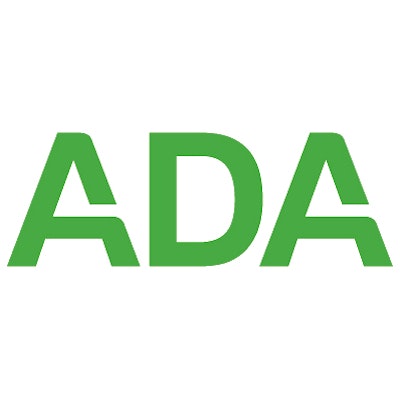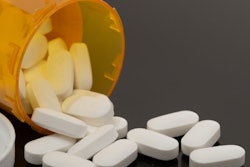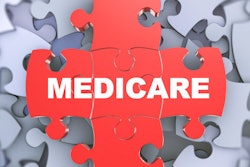
On December 15, new U.S. healthcare spending data showed that dental services increased to nearly $162 billion in 2021. The ADA Health Policy Institute (HPI) analyzed the factors contributing to the trend and what it means for the dental industry.
The ADA HPI reported that national dental expenditures increased 11% between 2020 and 2021, accounting for expenditure growth from $146 billion to $162 billion. That is roughly equivalent with data published by Health Affairs on December 15, showing a 16% increase in dental spending from $139 billion in 2020 to $162 billion in 2021.
"These data show that in 2021 it was full steam ahead for the dental economy," HPI chief economist and vice president Marko Vujicic, PhD, said in an email released to HPI email subscribers.
The COVID-19 government relief in 2021 consisted of $7 billion -- manifested in part in the Provider Relief Fund and the Paycheck Protection Program -- but the HPI estimates that national dental spending that year would still have been higher than pre-COVID-19 pandemic levels.
The HPI report also found the following:
- Medicare and Medicaid spending each increased by about $2 billion.
- Private health insurance increased by 11%.
- Out-of-pocket insurance spending increased by 13%.
"One important thing to point out is how fast public spending on dental care grew," Vujicic said. "This was already a trend pre-pandemic, but it really accelerated ... Interestingly, dental spending in Medicare grew just as much as in Medicaid in dollar terms [and] public spending grew much faster than out-of-pocket dental spending and private insurance spending."
It's likely that dental expenditure growth will slow in 2022, according to the institute.
"Zooming out, newer HPI data suggest 2022 is shaping up to be more of a holding pattern, with spending growing much more slowly as pent-up demand disappears and staffing shortages limit capacity," Vujicic said. "Looking ahead, this time next year, we expect more modest growth."



















